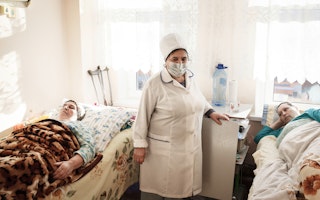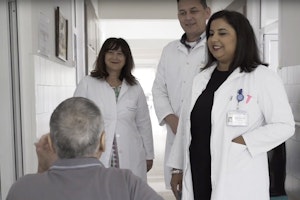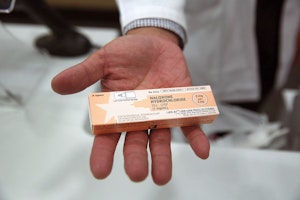Ukraine’s Deadly Medicines Bottleneck
By Daniel Wolfe
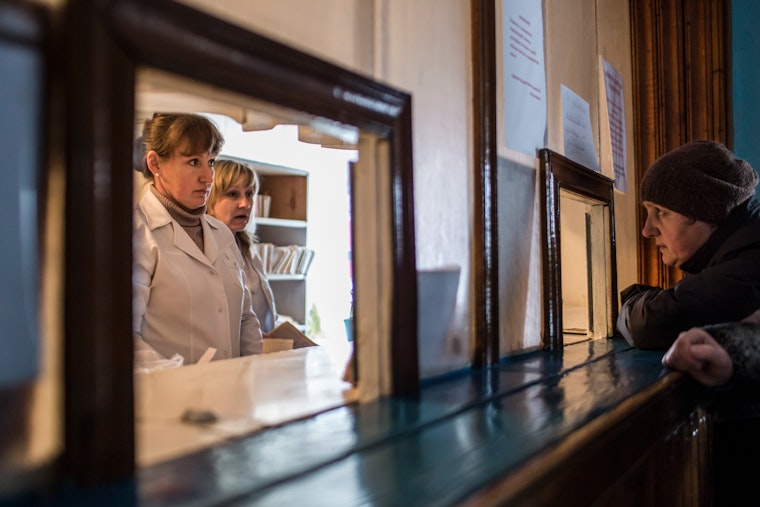
“Please let the methadone through. People are dying here,” pleads Olga from Luhansk in a recent video produced by Igor Kuzmenko of the Eurasian Network of People who use Drugs. Olga is one of about a thousand patients in the Donbass region of Eastern Ukraine who recently learned that their daily addiction treatment medicine would be cut off or reduced to substandard doses, forcing them to undergo painful withdrawal or return to street drugs.
It was over the Donbass that Malaysia Airlines Flight 17 was shot down one year ago, killing 298. But for patients in need of medicine here, political gamesmanship is proving more deadly than missile fire.
The conflict between the Ukrainian government and Russian-supported separatists threatens the lives of civilian patients who have been cut off, or soon will be, from lifesaving medicines. In addition to those on methadone, 8,000 patients with HIV are now watching their treatment, and hope for survival, run out. HIV treatments for many in the Donbass will last only a few weeks more, until mid-August.
The Ukrainian government has washed its hands of responsibility for areas it no longer controls, cutting off funds for hospitals and telling patients to travel to government territory for medicine—an impractical and cynical suggestion. Authorities in the self-proclaimed People’s Republic of Luhansk, a separatist-controlled area, have said that they would follow the Russian approach and ban methadone; nine patients have reportedly already killed themselves in despair.
Meanwhile, the Ukrainians have not permitted a humanitarian convoy carrying either HIV or addiction medicines to cross into the Donbass since February. The rebels have not stepped up either, except to remind the UN that their permission, too, must be granted before medicine can be transported.
Thankfully, public awareness of the crisis is now building. Michel Kazatchkine, the UN Special Envoy on HIV/AIDS in Eastern Europe and Central Asia, issued a strong call in the New York Times on July 27 urging authorities on both sides to take action. The Global Fund to fight AIDS, TB, and Malaria has said that it is willing to pay for medicines, and executive director Mark Dybul—alongside authorities from the World Health Organization, health providers, and patients working on HIV, TB, and drug dependence across Eastern Europe—issued a statement urging action.
For now, patients in the Donbass are watching the clock tick and wondering if their medicines will arrive in time. It’s a question they should never have had to contemplate.
As Kazatchkine noted, Ukraine has been a leader in the global response to the HIV epidemic. Now, the government needs to show leadership again, lest 8,000 vulnerable people, and basic medical decency, are added to the conflict’s casualty list.
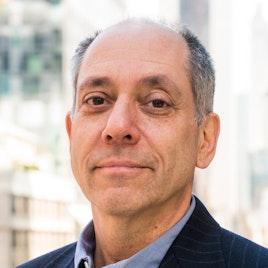
Until December 2021, Daniel Wolfe was director of the International Harm Reduction Development Program at the Open Society Foundations.
